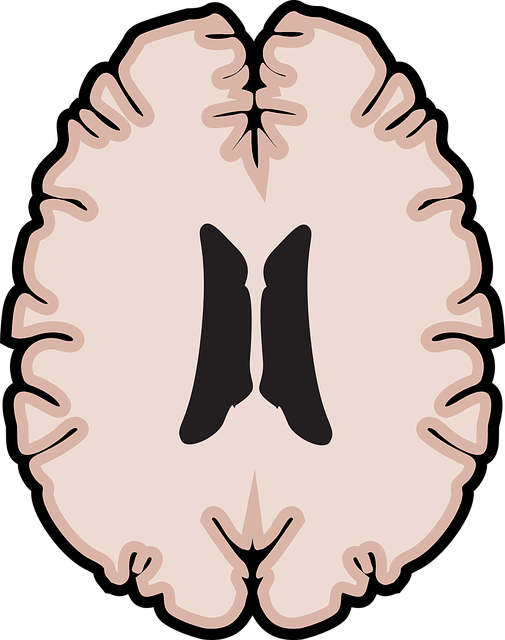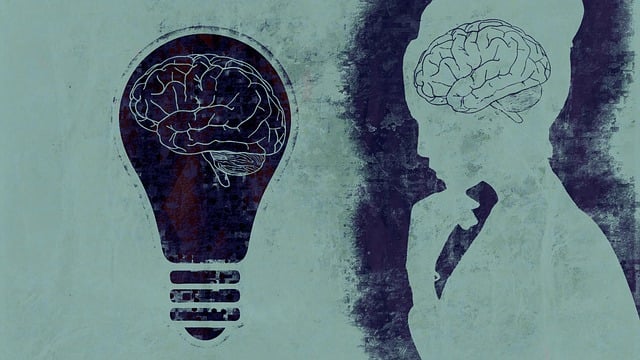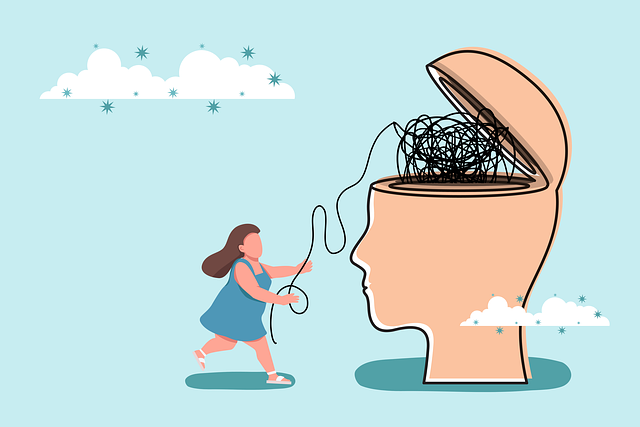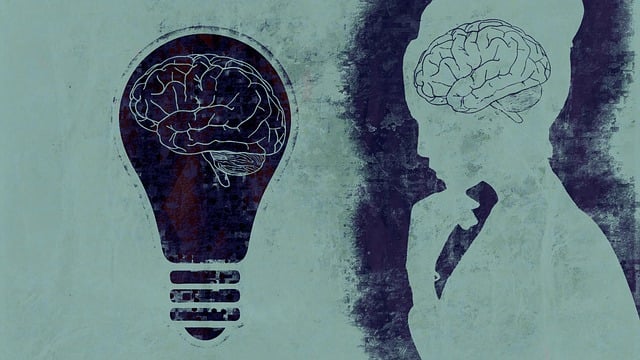Litton Eating Disorders Therapy offers personalized, holistic mood regulation through CBT, mindfulness meditation, and lifestyle changes. Their evidence-based approach targets negative thought patterns, cultivates emotional balance, stabilizes well-being, and reduces eating disorder symptoms. The dedicated team prioritizes comprehensive care, cultural sensitivity, and stigma reduction, empowering clients to navigate emotions adaptively for improved quality of life.
Mood regulation strategies are essential tools for maintaining emotional well-being. This comprehensive guide explores various techniques, from cognitive behavioral therapies that empower individuals to manage their emotions effectively, to mindfulness practices promoting calmness and inner peace. We also delve into lifestyle changes proven to enhance mood stability. For those seeking professional support, an overview of Littleton Eating Disorders Therapy’s therapeutic approaches highlights their expertise in addressing emotional challenges.
- Understanding Mood Regulation: The Core Concepts
- Cognitive Behavioral Techniques for Emotional Control
- Mindfulness and Meditation Practices for Calmness
- Lifestyle Changes to Boost Mood Stability
- Professional Support: Therapies and Counseling at Littleton Eating Disorders Therapy
Understanding Mood Regulation: The Core Concepts

Understanding Mood Regulation: The Core Concepts
Mood regulation strategies are essential tools in managing emotional well-being. At Littleton Eating Disorders Therapy, we recognize that each individual’s path to stable moods is unique. Our approach emphasizes the interconnectedness of mental, physical, and social factors that influence emotional states. By fostering self-awareness and teaching effective coping mechanisms, our therapists help clients navigate their emotions more adaptively.
Core concepts in mood regulation include identifying triggers, developing healthy coping skills like mindfulness meditation, and implementing stress reduction methods. Additionally, risk management planning is crucial for mental health professionals to support individuals at various stages of emotional distress. Through tailored interventions, we empower our clients to enhance their ability to regulate moods, thereby improving overall quality of life.
Cognitive Behavioral Techniques for Emotional Control

Cognitive Behavioral Techniques (CBT) offer powerful tools for individuals seeking to regulate their moods and manage emotional challenges. This evidence-based approach focuses on identifying and challenging negative thought patterns, which can significantly impact one’s emotional state. Through Littleton Eating Disorders Therapy, CBT equips clients with strategies to replace distorted thinking with more realistic and adaptive perspectives. By doing so, it helps individuals gain a sense of control over their emotions, fostering better mood regulation.
In the context of mental illness stigma reduction efforts, CBT plays a crucial role in empowering people to navigate their emotional struggles effectively. Moreover, risk assessment for mental health professionals can be enhanced by understanding how CBT techniques can prevent and manage crises. Conflict resolution techniques, often integrated into CBT, also contribute to overall well-being by promoting healthy communication and coping mechanisms, thereby reducing the impact of internal and external conflicts on one’s mental state.
Mindfulness and Meditation Practices for Calmness

Mindfulness and meditation practices have emerged as powerful tools in mood regulation, offering individuals a way to cultivate calmness and emotional balance. Incorporating these ancient techniques into daily routines can significantly enhance mental wellness. Littleton Eating Disorders Therapy emphasizes the role of mindfulness as a therapeutic practice, guiding individuals to focus on the present moment and observe thoughts and feelings without judgment. This awareness fosters a deeper connection with one’s inner self, enabling better management of emotions.
Through regular meditation exercise, individuals can develop a sense of guidance within themselves, much like a Mental Wellness Journaling Exercise. The Healthcare Provider Cultural Competency Training highlights how mindfulness can be tailored to diverse cultural backgrounds, making it accessible and effective for all. Moreover, Risk Management Planning for Mental Health Professionals should include mindfulness practices as a tool to prevent burnout and enhance their own mental health, allowing them to better support their clients’ journeys towards calmness and emotional resilience.
Lifestyle Changes to Boost Mood Stability

In the pursuit of mood regulation, lifestyle changes play a pivotal role in stabilizing one’s emotional well-being, especially for individuals navigating issues like eating disorders in Littleton. A holistic approach to mental health involves integrating various practices that promote balance and resilience. For instance, adopting a balanced diet rich in nutrient-dense foods can significantly impact mood stability. This isn’t just about weight management; it’s about nourishing the brain and body, ensuring optimal functioning, and reducing symptoms of depression.
Regular physical activity is another powerful tool in this arsenal. Exercise releases endorphins, often referred to as ‘feel-good’ hormones, which can alleviate stress and anxiety while boosting confidence. This simple yet effective strategy can be a game-changer for those looking to prevent depression and foster a positive mental health policy analysis and advocacy approach. By combining these lifestyle changes with evidence-based therapy, individuals can create a supportive system that strengthens their ability to manage and improve their mood.
Professional Support: Therapies and Counseling at Littleton Eating Disorders Therapy

At Littleton Eating Disorders Therapy, we understand that navigating mental illness can be a complex and challenging journey. That’s why our professional support services are tailored to provide comprehensive care for individuals struggling with eating disorders. Our therapies and counseling sessions are designed to help clients explore and address underlying causes, develop healthy coping mechanisms, and foster positive relationships with food and their bodies.
The team at Littleton Eating Disorders Therapy brings a deep commitment to Mental Illness Stigma Reduction Efforts and Cultural Sensitivity in Mental Healthcare Practice. We recognize the impact of societal pressures and cultural norms on mental health, and our programs are meticulously designed to cater to diverse needs through effective Mental Health Education Programs. By fostering an environment of acceptance and understanding, we empower individuals to take control of their well-being and embark on a path towards recovery.
Mood regulation is a multifaceted skill that can significantly enhance overall well-being. By combining cognitive behavioral techniques, mindfulness practices, lifestyle adjustments, and seeking professional support when needed, individuals can effectively manage their emotions and foster better mental health. For those struggling with eating disorders or related challenges, Littleton Eating Disorders Therapy offers specialized therapies and counseling to empower individuals on their journey towards mood stability and self-acceptance.














